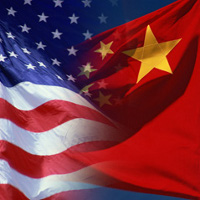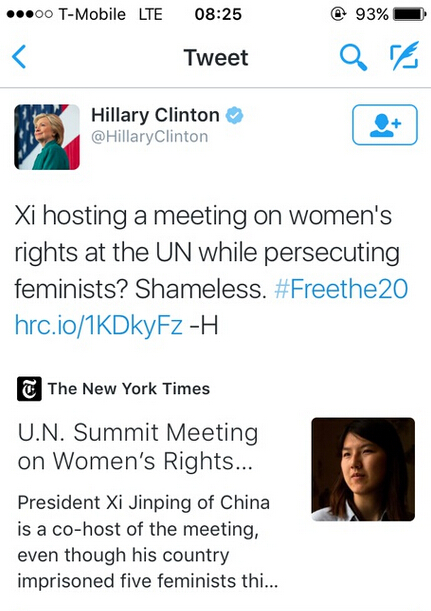
China, US Strengthen Anti-Corruption Cooperation
Through close negotiation, the U.S. is displaying a more positive attitude toward cooperating with China against corruption. During Xi’s visit, the U.S. repatriated two Chinese economic fugitives who hid in America for decades, which is a big help in China’s hunt for fugitives overseas. China-U.S. cooperation has more operational features related to joint law enforcement in that investigators from both countries can work more closely in an existing cooperative framework.
According to the outcome list of Xi’s visit published by the foreign ministry, the countries have decided to utilize the U.S.-China Joint Liaison Group on Law Enforcement Cooperation. This would take the common ground set by their leaders to another step, lay out realistic measures, and push for a solution to the dire corruption that affects them both. They agreed to strengthen practical cooperation in areas such as anti-corruption, searching for corrupt assets and evidence of corrupt trade, stopping overseas bribery, repatriating criminals and illegal immigrants, drug prohibition, and anti-terrorism. Among these, a very important area that stands out in U.S.-China anti-corruption efforts is ordering the recovery of dirty assets. Both countries agreed to discuss mutual recognition and enforce confiscation judgments.
What are mutual recognition and confiscation judgments? From a Chinese perspective, simply put, they are judgments concerning dirty assets invested in America by corrupt officials. China, following special confiscation procedures in its criminal procedure law and procedures on handling recovered assets, has asked America to approve these procedures and enforce confiscation judgments based on Chinese law. Similarly, America may ask China’s judicial system to enforce judgments in similar situations based on American law. In other words, when China and the U.S. reach an agreement on this issue, the anti-corruption agreements will be legally effective in both countries. This is not only a new anti-corruption method for both countries, but it can also significantly reduce anti-corruption expenses and significantly increase effectiveness.
U.S.-China cooperation on this issue can undoubtedly increase the overall level of cooperation. However, right now, the countries still face several obstacles, a key obstacle being setting conditions of mutual recognition. The countries will clearly not follow each other’s laws unconditionally, so this process will still require verification of evidence as well as assessment of the side effects of mutual recognition and confiscation judgments. Verification of evidence is a conventional requirement, and the latter may be a deciding factor in U.S.-China cooperation.
China and the U.S. continue to face uncertainty in anti-corruption efforts, but their existing cooperation and intent to cooperate will help build mutual trust. Since Xi Jinping’s term, China has already raised anti-corruption efforts to an all-time high, using his full power to combat corrupters and bring political and social stability. By continuing U.S.-China anti-corruption cooperation, the U.S. can also deepen its understanding of China’s government and rule, which would help the U.S. take up a more rational attitude toward Chinese affairs. Objectively speaking, this may clear up any side effects that different ideologies and political principles have on U.S.-China relations.

